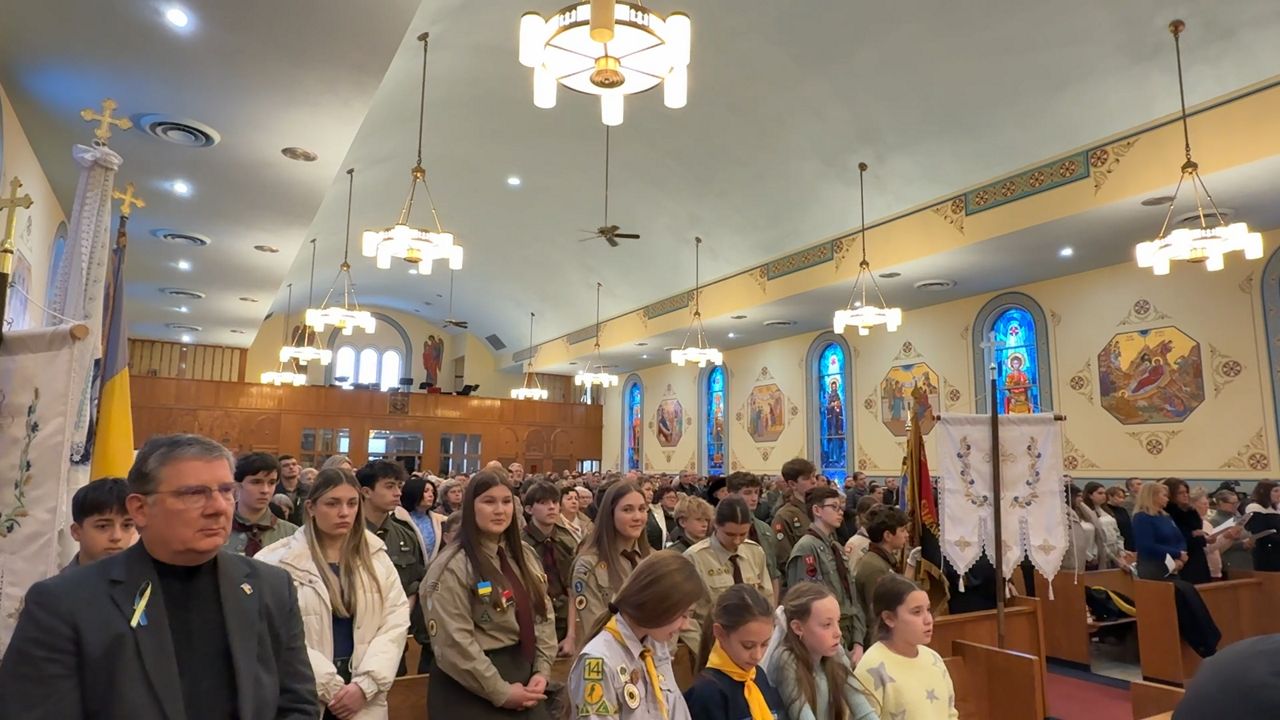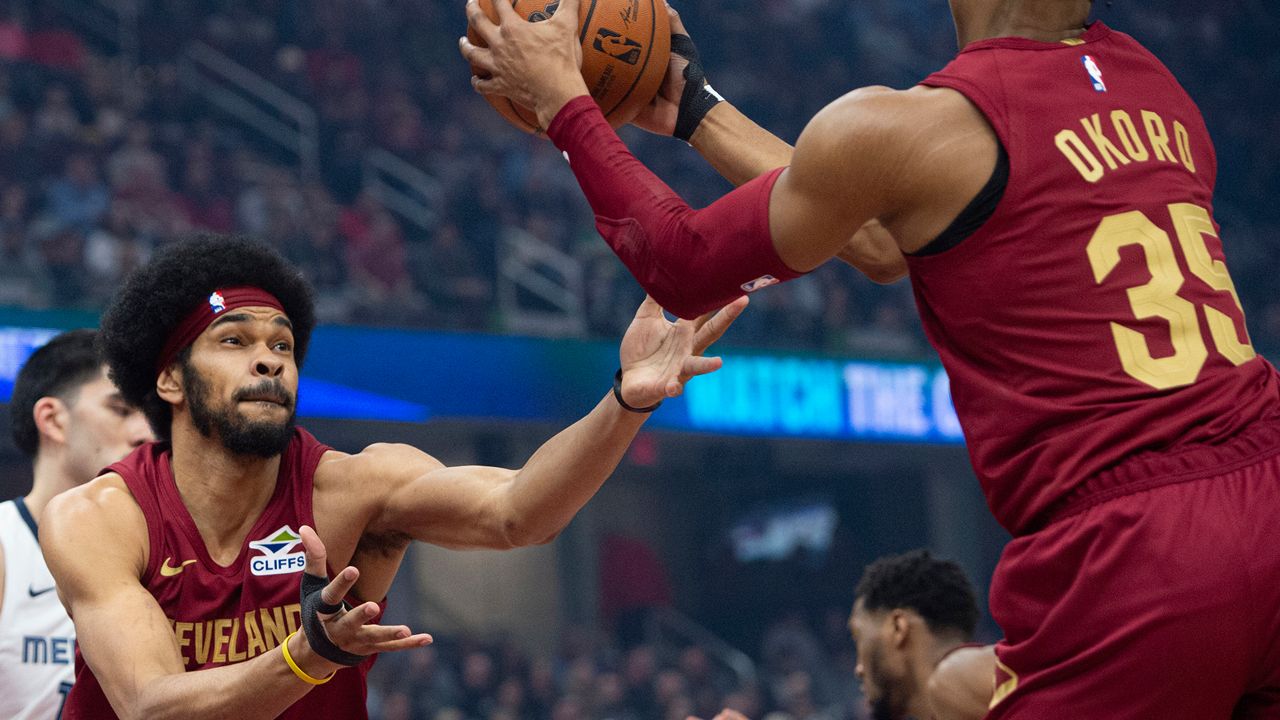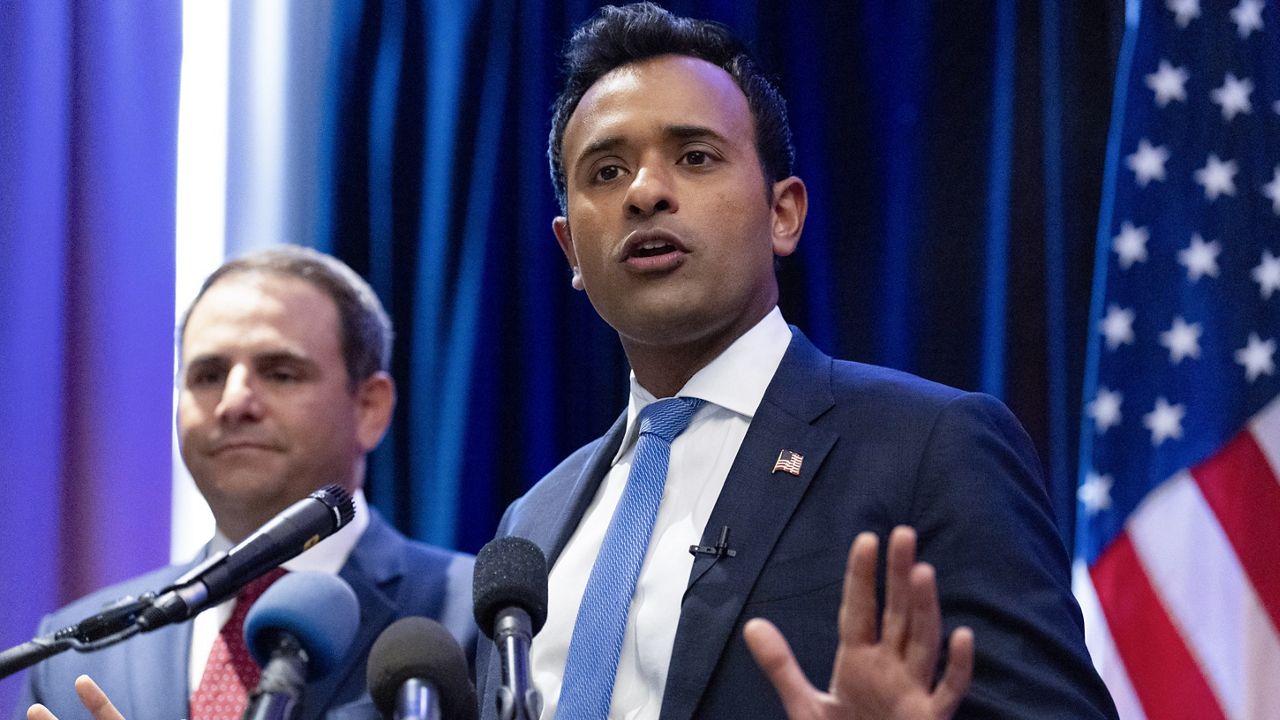CLEVELAND — Annette Jasky was born partially sighted and legally blind.
She was born a triplet and given too much oxygen at birth.
“Too much oxygen scars the optic nerve,” Jasky said. “I’ve never had any vision in my left eye as a result of that,” she said.
Jasky is a braille instructor and certified vision rehabilitation therapist at the Cleveland Sight Center, but she didn’t learn braille until later in life.
“They made me read. They would not teach me braille. They wanted me to use my eyes so they would get better. The problem is my eyes were never going to get better,” Jasky said.
Instead, she lost all her vision by the time she was in the sixth grade. At 17, she was heading to college and knew she needed to be able to read and write.
“I started practicing every day. I took notes through getting my Bachelor’s and Master’s,” Jasky said.
She used a slate and stylus to take notes, similar to pen and paper, which allows users to emboss dots on their paper by hand. She came up with her own version of shorthand for certain words.
Jaksy is a big proponent of a person who is blind learning braille as early as preschool.
“They can do pre-braille skills, like getting them used to the sense of touch. Even if they’re not reading words, they can feel shapes. A child should learn to read at the same rate as their peers,” Jasky said.
She said learning braille is just as important for those who lose their sight later in life.
“When you lose your vision, you lose a sense of self, your sense of community. Everything around you is out of your control. You feel like, ‘I’m helpless. I can’t do anything,’” Jasky said.
“Learning braille, you start to develop your own sense of identity again, your own sense of confidence, being able to label something and tell what it is on your own,” she said.
She said it’s not only important for the blind person but for their family, relatives, and people they encounter to know that there is life after vision loss. “You can lead a confident, independent life,” Jansky said.
Gabriella Drago is a music therapist. She was born blind and began to learn braille at the age of four.
“I think that braille reading really helps with learning sentence structure, learning grammar, learning to spell, learning punctuation,” Drago said.
She joked that she’s a bad speller, but she’d be much worse if she didn’t know braille.
“If you don’t have that ability to visualize with your eyes or your fingers or with whatever method you use to read those words. It can be difficult to then be able to type and do other tasks that involve reading and writing,” Drago said.
Knowing braille gave Jasky the ability to read with her children, who are sighted.
There are children’s braille books available that have both printed words and braille writing.
“My kids could follow along in print while I read in braille,” she said.
She said it gave her the freedom she wants other to know and have.
“We’re still capable human beings. Just because we’re blind doesn’t mean we’re inferior, doesn’t mean we’re stupid. We’re still people. We’re people first and blind second,” Jasky said.
The Cleveland Sight Center is a nonprofit agency that provides support and the tools needed to navigate the visual world. Their specialized staff assess individuals of all ages to help them with their vision-related needs. For more information, go to http://www.clevelandsightcenter.org.









